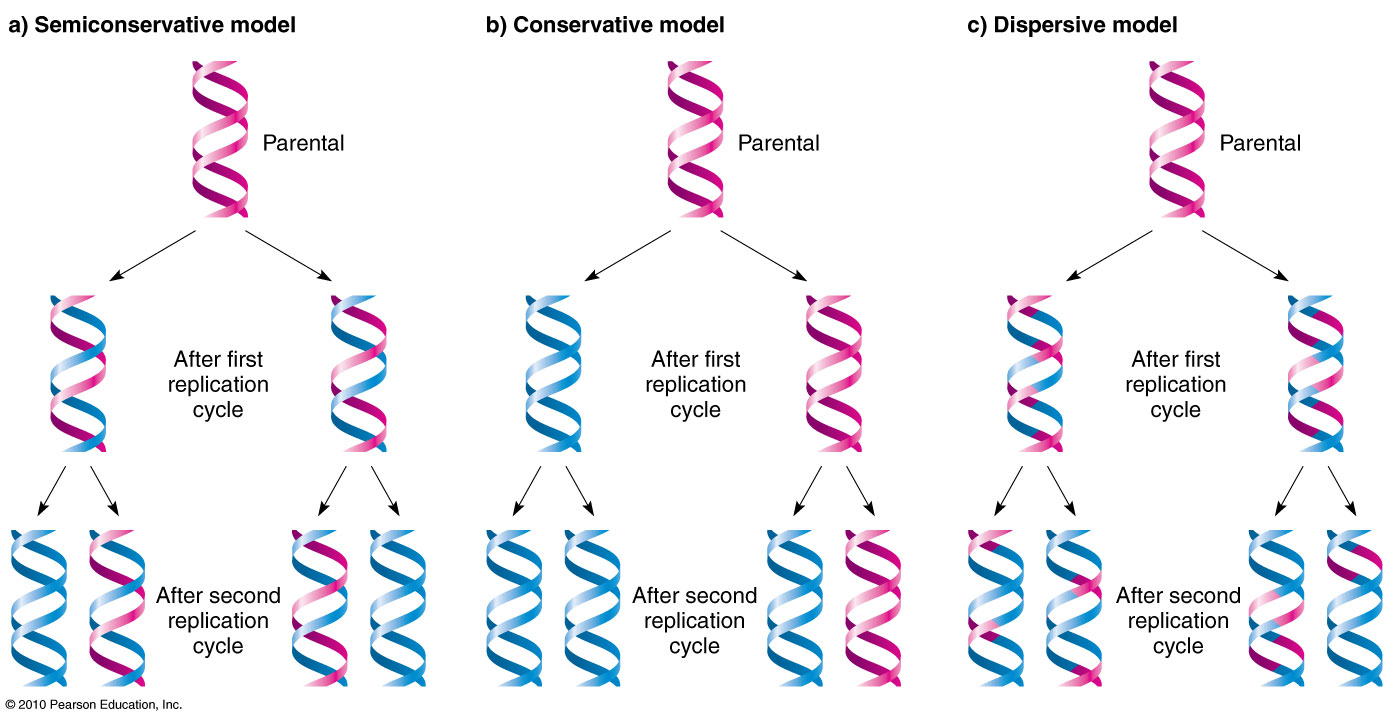Hello all. I (somewhat) recently starting dating a girl who is incredibly smart, and, while I don't have any real issue dating someone smarter than me, it has sparked a certain degree of dissatisfaction with my level of cognitive development at this point in my life. Her knowledge of chemistry, biology, physics impresses me, but I'm most impressed by her ability to apply that knowledge in situations where most wouldn't.
I'm curious as to what some of you may have done to increase your own levels of intelligence in the past, and I'd like to hear what you've seen prove effective.
Right now I'm trying to learn more math and science. I plan on eating healthier as well, and exercising more regularly. However my main interested is in developing critical thinking and problem solving skills, from both a logical and creative standpoint. I want to be able to use cause and effect and deductive reasoning and apply it to situations or challenges I face. I want to be able to take what I learn and use it for more than just trivia. I also want to be quicker thinking and more consistent. This also applies to my work, as I may be promoted to manager soon, and I don't feel I'm ready for that. For those wondering, I do plan on learning skillsets that apply specifically to management, but I've found the hardest parts of being a manager where I work is more abstract problem solving than anything (and we have a very "sink or swim" mentality at my workplace).
I'm curious as to what some of you may have done to increase your own levels of intelligence in the past, and I'd like to hear what you've seen prove effective.
Right now I'm trying to learn more math and science. I plan on eating healthier as well, and exercising more regularly. However my main interested is in developing critical thinking and problem solving skills, from both a logical and creative standpoint. I want to be able to use cause and effect and deductive reasoning and apply it to situations or challenges I face. I want to be able to take what I learn and use it for more than just trivia. I also want to be quicker thinking and more consistent. This also applies to my work, as I may be promoted to manager soon, and I don't feel I'm ready for that. For those wondering, I do plan on learning skillsets that apply specifically to management, but I've found the hardest parts of being a manager where I work is more abstract problem solving than anything (and we have a very "sink or swim" mentality at my workplace).

